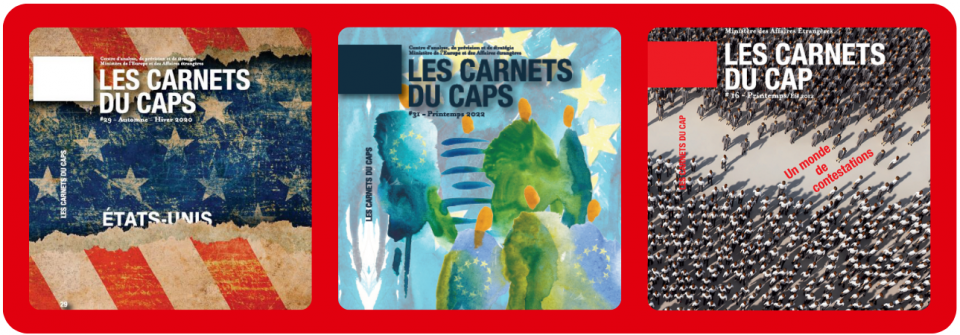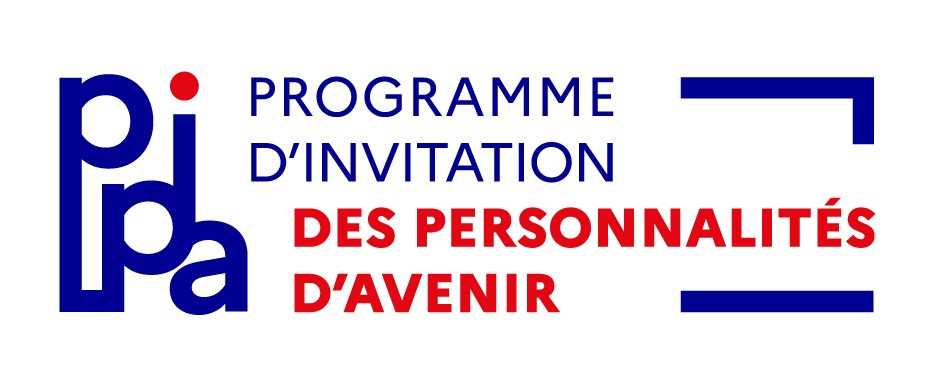The Future Leaders Invitation Programme (PIPA) is under the responsibility of the Centre d'Analyse, de Prévision et de Stratégie (CAPS) of the Ministry for Europe and Foreign Affairs. Directly attached to the Minister since its creation in 1973, CAPS carries out research and study work on international issues and contributes to the preparation of France’s foreign policy decisions. It is currently headed by Tristan Aureau
As a think tank of the Quai d'Orsay, CAPS has the following tasks:
- It produces forward-looking analyses of medium- and long-term developments in the international environment, whether from a regional or thematic perspective;
- It presents to the Minister, at his request or spontaneously, political recommendations or strategic options concerning France’s foreign policy and the adaptation of its diplomatic apparatus to European and international issues;
- It promotes the debate of ideas and brings out new concepts or ideas by encouraging and enhancing research in international relations;
- He participates in efforts to strengthen the knowledge of France in European and international circles of thought and debate.
Although it maintains a permanent link with the various departments of the Ministry for Europe and Foreign Affairs, CAPS is characterized by its independence of analysis, recognized and respected: its work and proposals do not commit the department as such nor, a fortiori, the French government. This independence is reflected in a mode of operation that allows it to provide specific lighting. Composed of diplomats but also agents seconded from other ministries or academics, its multidisciplinary team works by crossing issues from various sources (universities, think tanks, specialized services, NGOs etc.). CAPS has study and operating credits, which are used to call on external experts and organize colloquia or informal meetings.

The CAPS disseminates information and ideas to the minister, officials of the Ministry for Europe and Foreign Affairs or other public decision-makers that are not systematically collected by traditional channels. To this end, the Centre is in permanent contact: in France, with other administrations, official or independent research centres, personalities from the academic and business circles; Abroad, the Centre has regular consultations with planning units in other foreign ministries. A selection of the analyses of CAPS was published from 1979 to 2002 in a biannual bulletin, replaced since December 2005 by a new publication, "Les Carnets du CAPS".

